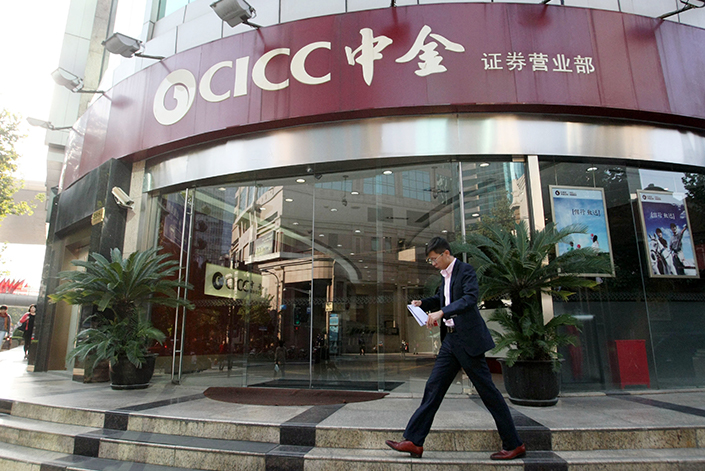China International Capital Corp (CICC) plans to expand its footprint in Southeast Asia by opening offices in Indonesia, Malaysia, and other countries, according to its investment banking head. Founded in 1995, the Beijing-based investment bank currently operates in seven international financial centres, including Hong Kong, New York, London, and Singapore.
CICC, China’s oldest and one of its largest investment banks, recently opened a representative office in Vietnam, extending its presence in Southeast Asia—a region noted for its rapid economic growth. The bank aims to mitigate the impact of decreased dealmaking in China and Hong Kong due to the slowing economy and rising geopolitical tensions.
Wang Shuguang, head of CICC’s investment banking department, stated that the bank sees substantial business opportunities in Southeast Asia and plans to open offices to get closer to local clients. However, Wang did not disclose the investment amount or hiring plans for the region.
CICC has reduced banker pay and considered staffing cuts in China and Hong Kong, following a decline in profits and stock prices. Other Chinese and Wall Street banks are similarly seeking opportunities in Asia Pacific markets due to the domestic slowdown.
Southeast Asia has attracted significant global investments due to its fast-growing economy, youthful population, and improving infrastructure. In 2023, China’s outbound investments to Southeast Asia rose by 27 per cent, with Indonesia receiving $7.3 billion.
CICC, supported by strategic shareholders like Tencent and Alibaba, sees opportunities in private fundraising for local unicorns and startups, as well as in cross-border investments in sectors like consumer, technology, media, telecom, fintech, logistics, and electric vehicles.
Reuters reported that CICC might reduce its investment banking headcount by at least 10 per cent this year, affecting over 200 bankers, primarily in China and Hong Kong. CICC shares have fallen by about 20 per cent this year, following a 23 per cent decline last year.
Attribution: Reuters.


